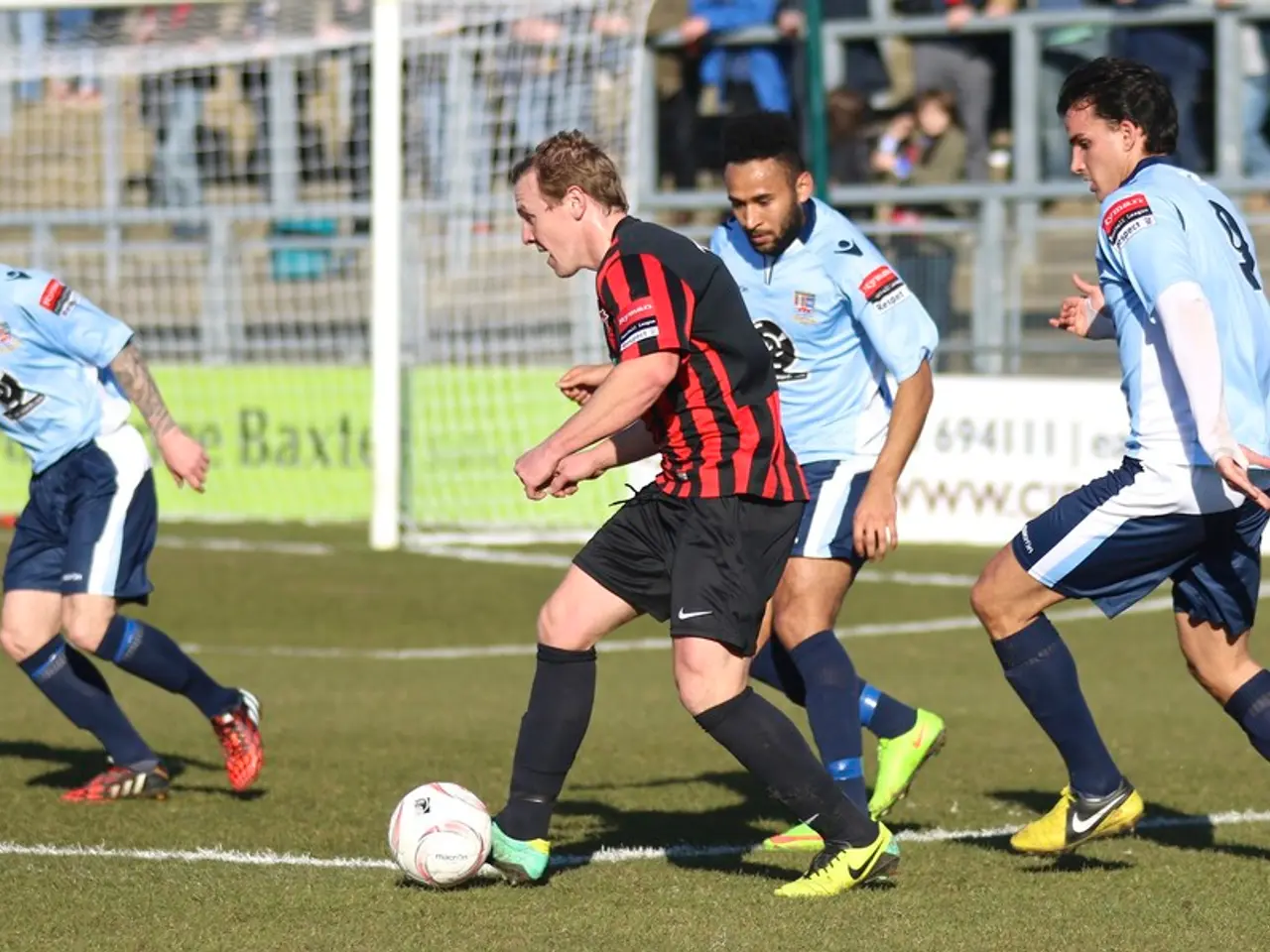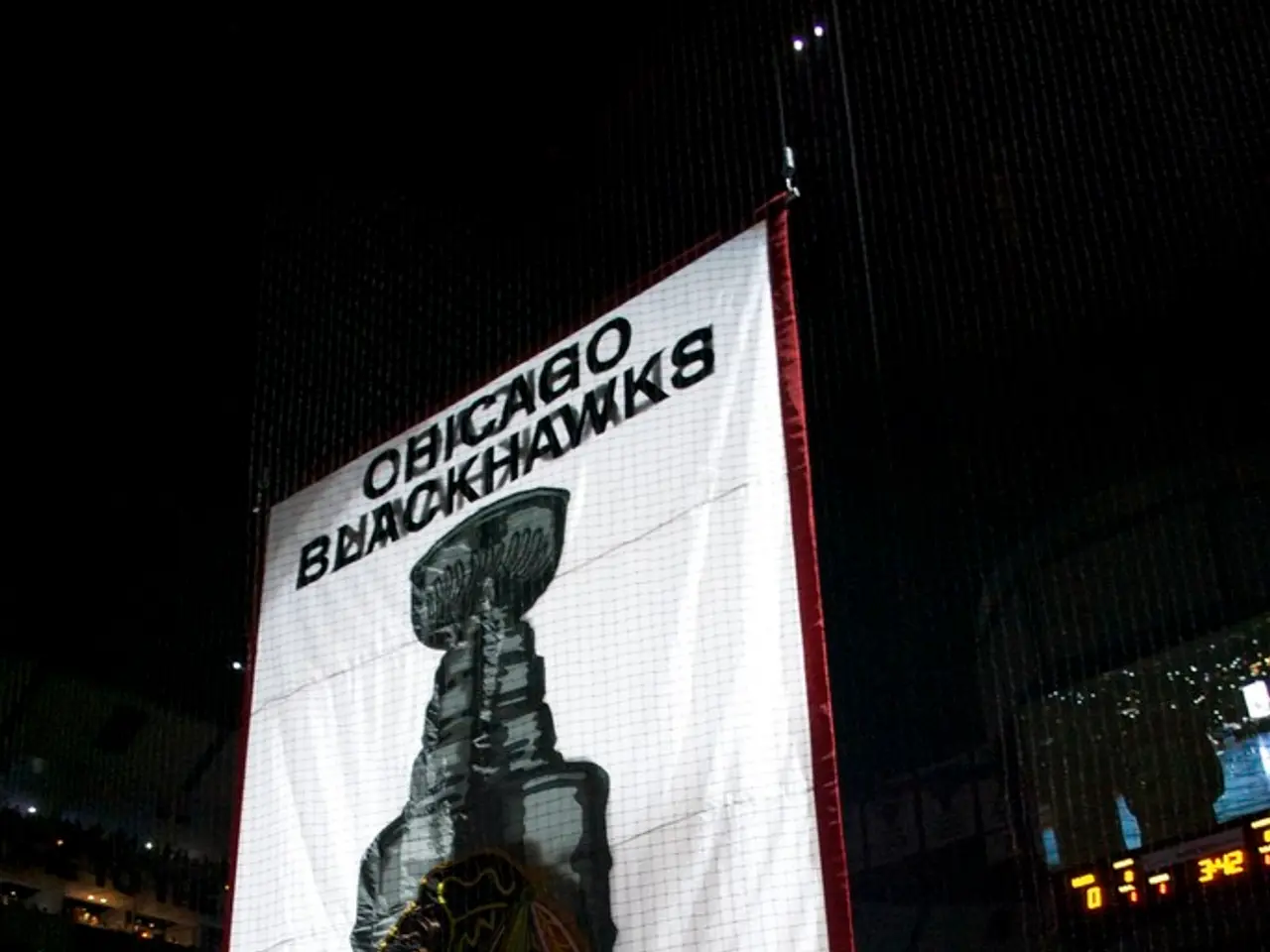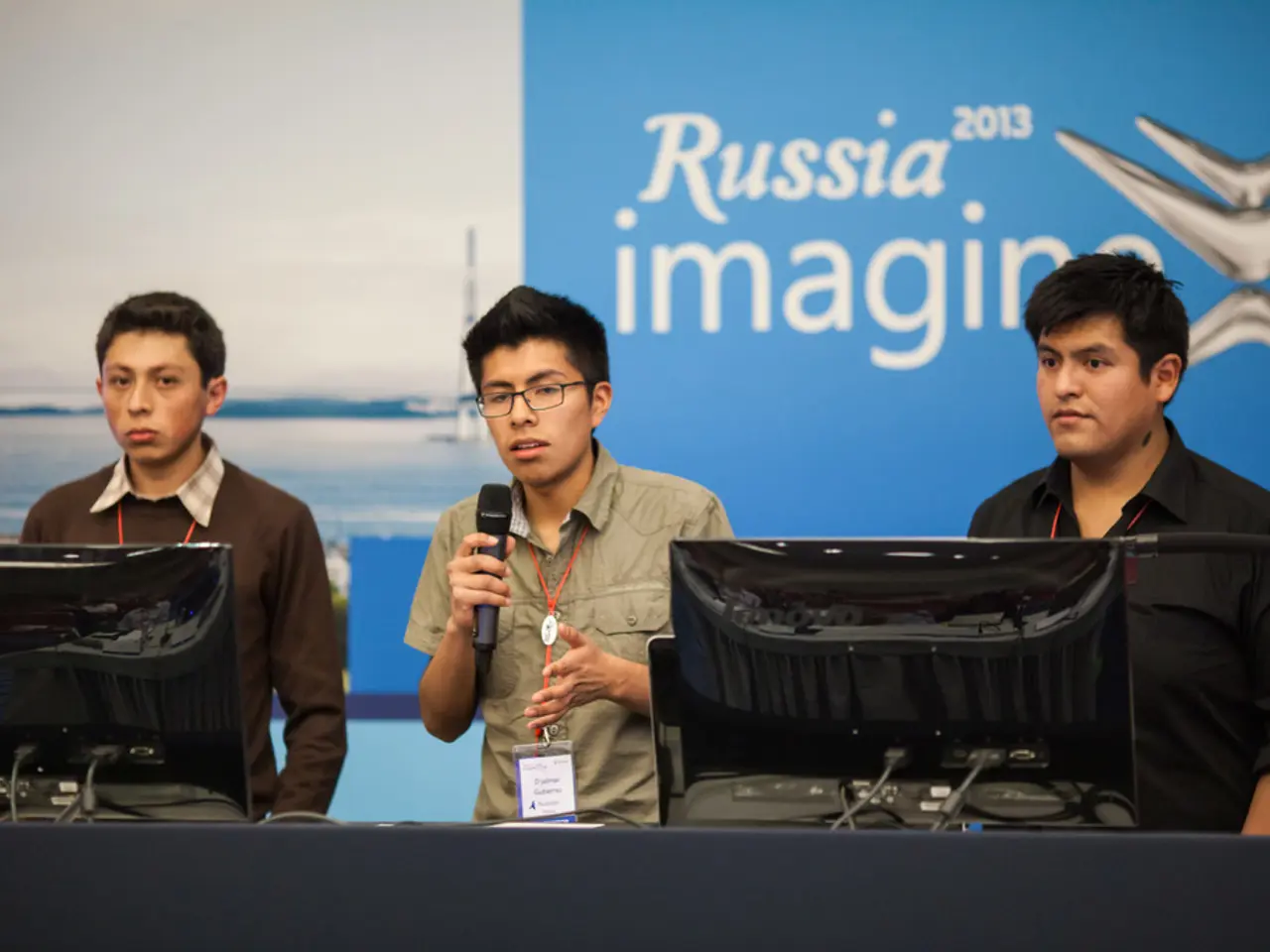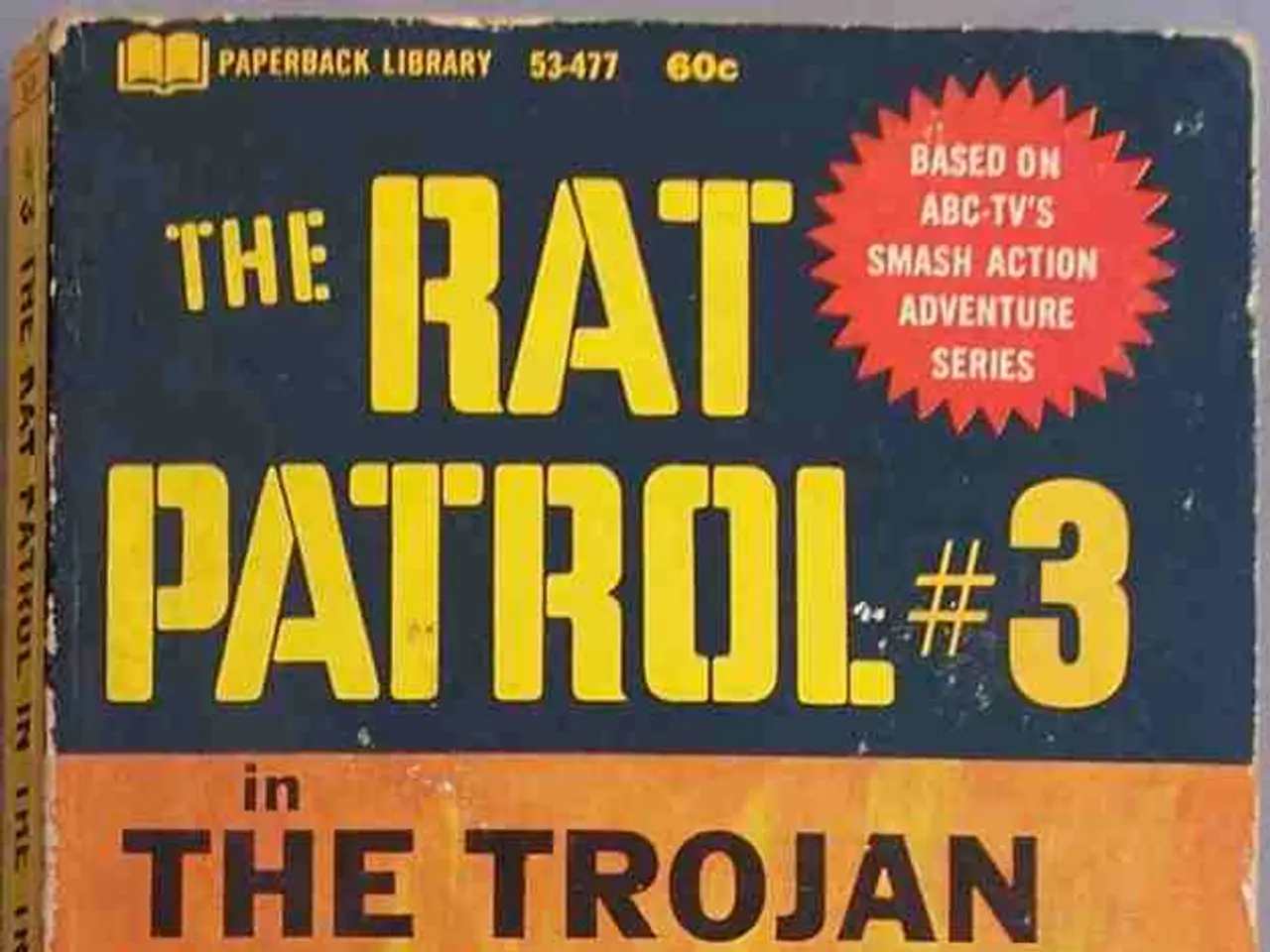Footballers under pressure to endorse Pride campaigns
No one should face repercussions for shunning the rainbow emblem in sports.
Here's the Scoop:
Sports clubs and governing bodies are escalating their crackdown on free speech in the sporting world. Recently, Lyon midfielder Nemanja Matić and Le Havre striker Ahmed Hassan were both slapped with a two-match suspension for covering up an LGBTQ-inclusion message on their shirts. These players, like many before them, are facing punishment for merely expressing their personal views.
In France, silencing dissenting voices has become alarmingly regular in the footballing realm. Several players, such as Mostafa Mohamed and various Toulouse players, have been pulled off the field or penalized for standing by their principles.
This issue has garnered attention from political figures, including Marie Barsacq, France's sports minister. She asserted that players should be penalized for failing to comply with the 'woke' orthodoxy enforced by football administrators. However, her call for stricter disciplinary measures strikes a hypocritical note, as football leaders only profess to uphold 'inclusion' and 'diversity' when it aligns with their own ideologies.
By the Books:
From a legal standpoint, penalizing players for their personal beliefs may infringe upon their rights. According to precedents set by the European Court of Human Rights, the right to freedom of belief extends to the freedom to uphold—or refrain from upholding—religious beliefs. This means individuals cannot be coerced into making statements or performing actions that contradict their beliefs[1][2].
Take, for instance, the case of Buscarini vs San Marino, where the ECHR ruled it unlawful to force non-believers to swear an oath on Christian Gospels, confirming that freedom of religion encompasses the freedom to hold, or choose not to hold, religious beliefs[1]. Similarly, in the case of Stavropoulos vs Greece, the court reiterated that negative rights encompass the freedom not to perform acts that reveal one's beliefs[2].
These judgments should serve as guidance for sports authorities and policymakers alike, because the pressure to show ideological allegiance has the potential to spread beyond the realm of professional sports. Protecting our right to principled silence is crucial, ensuring that everyone—Muslim, Christian, or atheist; footballer or fan—boasts the freedom to express or withhold their beliefs.
A Word from a Free Speech Warrior:
Freddie Attenborough, digital communications director of the Free Speech Union, weighs in on the issue. As he puts it, "banning players for their personal views has become a common occurrence in French football, but these players are French citizens with the right to freedom of expression, conscience, and religion. From a legal perspective, penalizing players for their religious beliefs may well breach their rights."
Join the conversation in our comment section below!
Remember, only our supporters and patrons who regularly donate can comment on our articles. Becoming a supporter is the best way to keep our website going and growing. Click here to learn more!
- Guardian (https://www.theguardian.com/world/2023/mar/05/human-rights-court-rejects-polish-bid-to-criminalise-blasphemy)
- USC Center for Religion and civic culture (https://ccrc.usc.edu/knowledge-maps/context-of-the-first-amendment-freedom-of-religion/freedom-not-to-believe.html)
- The ongoing 'cancel culture' in sports, such as the recent suspensions of Nemanja Matić and Ahmed Hassan, raises concerns about the encroachment on free speech, especially when individuals express personal views that deviate from the 'woke' orthodoxy.
- In the context of free speech debates, it's crucial to remember that players, like any citizen, should have the freedom to uphold, or choose not to uphold, their religious and personal beliefs, as demonstrated by legal cases like Buscarini vs San Marino and Stavropoulos vs Greece.
- As the issue of free speech in sports continues to spark heated discussions, advocates like Freddie Attenborough of the Free Speech Union argue that penalizing players for their personal views may infringe upon their rights, suggesting potential breaches of freedom of expression, conscience, and religion.








